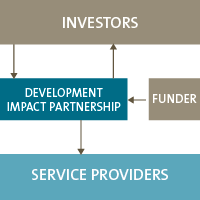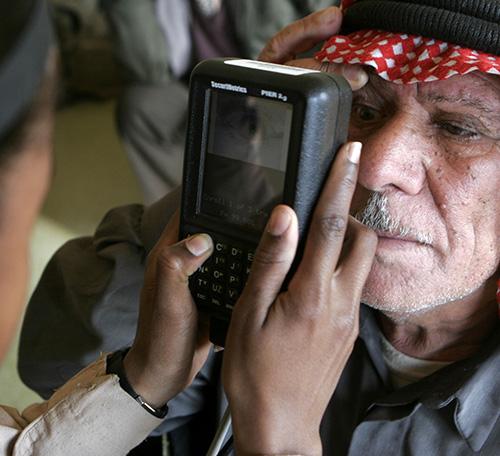The world is currently at a crossroads. Low- and middle-income countries are seeing rapid growth in their working-age populations. Yet often, these increasingly educated and skilled young people cannot find meaningful work, creating emigration pressure. At the same time, high-income countries are seeing rapid decreases in their working-age populations. Employers within these countries are facing significant skill shortages, which is reducing productivity and investment.
To address these dynamics, CGD developed the Global Skill Partnership model, a bilateral labor migration agreement between a country of origin and a country of destination. The country of origin agrees to train people in skills specifically and immediately needed in both the country of origin and destination. Some of those trainees choose to stay and increase human capital in the country of origin (the “home” track); others migrate to the country of destination (the “away” track). The country of destination provides technology and finance for the training and broader systems support, and receives migrants with the skills to contribute to the maximum extent and integrate quickly.
The model is now being implemented by Belgium in North Africa within the ICT sector; Australia and New Zealand in the Pacific Islands within the hospitality sector; Germany around the world within the construction and engineering sector; and the UK in sub-Saharan Africa within the healthcare sector. To learn more, visit gsp.cgdev.org.
Read the case study >>














